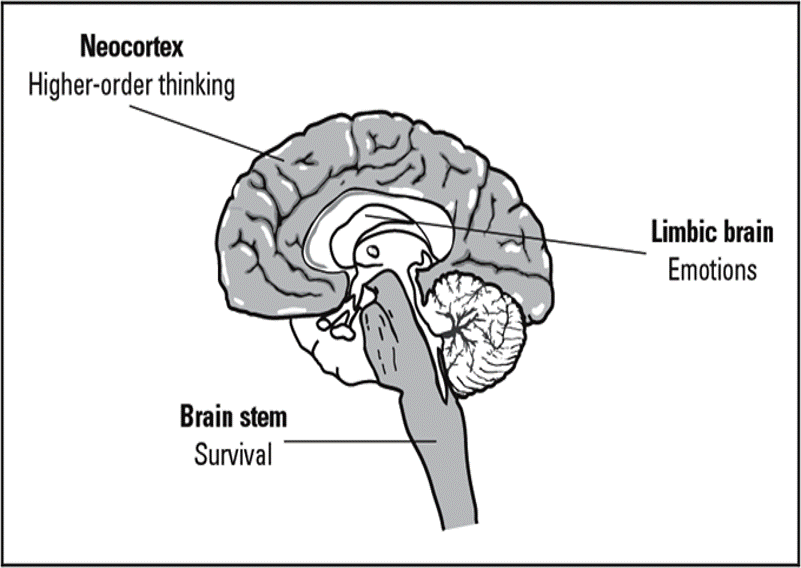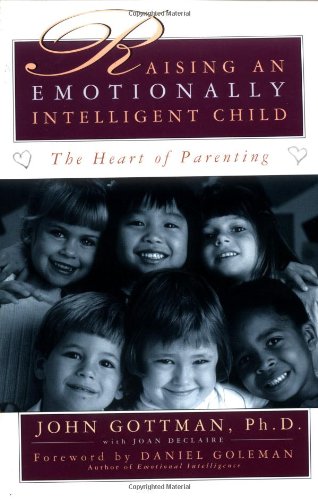Love Others for the Long Term
/Loving Others
Step 9
Love Others for the Long Term
So far we’ve covered eight steps that help us to choose the “right fork” at our junction. And I hope that by now you’ve been encouraged by some victories in your battle, however small.
But… then what? In those moments when we do respond to circumstances in the right way, what happens next?
In the previous blog, I explained a situation in which my daughter came home from school and interrupted my peaceful, quiet time alone with a disrespectful response to my greeting. Let me continue to tell you what transpired once I got to my daughter’s bedroom.
Immediately after tapping on the door (instead of banging in anger), I was able to say in a calm voice, “How are you doing and would you like to talk?” An amazing change had transpired in me. My body language, tone of voice, emotions, choice of words, and how I knocked on the door had been radically altered. The drama of redemption had played out in my life and my daughter had no idea that she had been rescued from me because I had been rescued from myself… by God’s gracious help.
Yet as soon as those calm words came out of my mouth, my daughter responded in a way that might surprise and frustrate you: “Go away! I don’t want to talk to anyone, not even you!”
Wow! Now I was faced with a new situation. How would I respond to her response? Would I become self-righteous on the heels of my transformation? “How can she act that way toward me, especially after I was so godly?” It almost sounds funny, doesn’t it? Thankfully, I was able to respond in a quiet manner with these words: “That’s fine; if you want to talk, I’ll be downstairs. Dinner will be ready in an hour.”
Sometimes we will choose the path of obedience and find that we still don’t get what we hope for. Our attempts at change will sometimes go unappreciated. Maybe your spouse doesn’t even notice the efforts you make at de-escalating a conflict. Or perhaps you’ve offered an apology to someone for your behavior in the past, but they’ve continued to spurn it.
And this isn’t just the case in our relationships with other people—sometimes we’ll end up frustrated at ourselves, too. We’ll find that our sin clings tight, and that our small victories are just one battle in a larger war. Maybe you’ve managed to go a whole week without pornography—but you find that the unwanted images continue to replay in your mind. Or if you struggle with anxiety, you might be encouraged by your response to one stressful situation, only to be thrown off course by the next. When that happens, we need to keep in mind the big picture. We need to play the long game.
In one given moment, there’s usually only a small difference between the left and right paths. But if we keep choosing right, time after time, our lives will end up in a different place altogether than if we’d kept choosing the left path. It’s about long-term difference. Sometimes, we’ll still do the wrong thing—we’ll “go left.” But it’s the bigger picture that matters. And the more we go right, the easier it is to go right next time. The left path starts to look more “overgrown” as our habits change.
Imagine if my daughter grew up in a family where, for 18 years, her father was always dropping the hammer. Imagine, though, if she grew up in a family where, for 18 years, her father was growing in grace and showing humility and patience, albeit imperfectly. These little moments may seem inconsequential, but not when you view them within the larger perspective of months and years. These two father/daughter relationships may not look that different early on, but they will look radically different over the course of many years. That is the larger perspective we need to have when we consider the process of growth in grace. Every little moment counts!
This is a short excerpt from Chapter 9 of Unstuck: A Nine-Step Journey to Change That Lasts.










